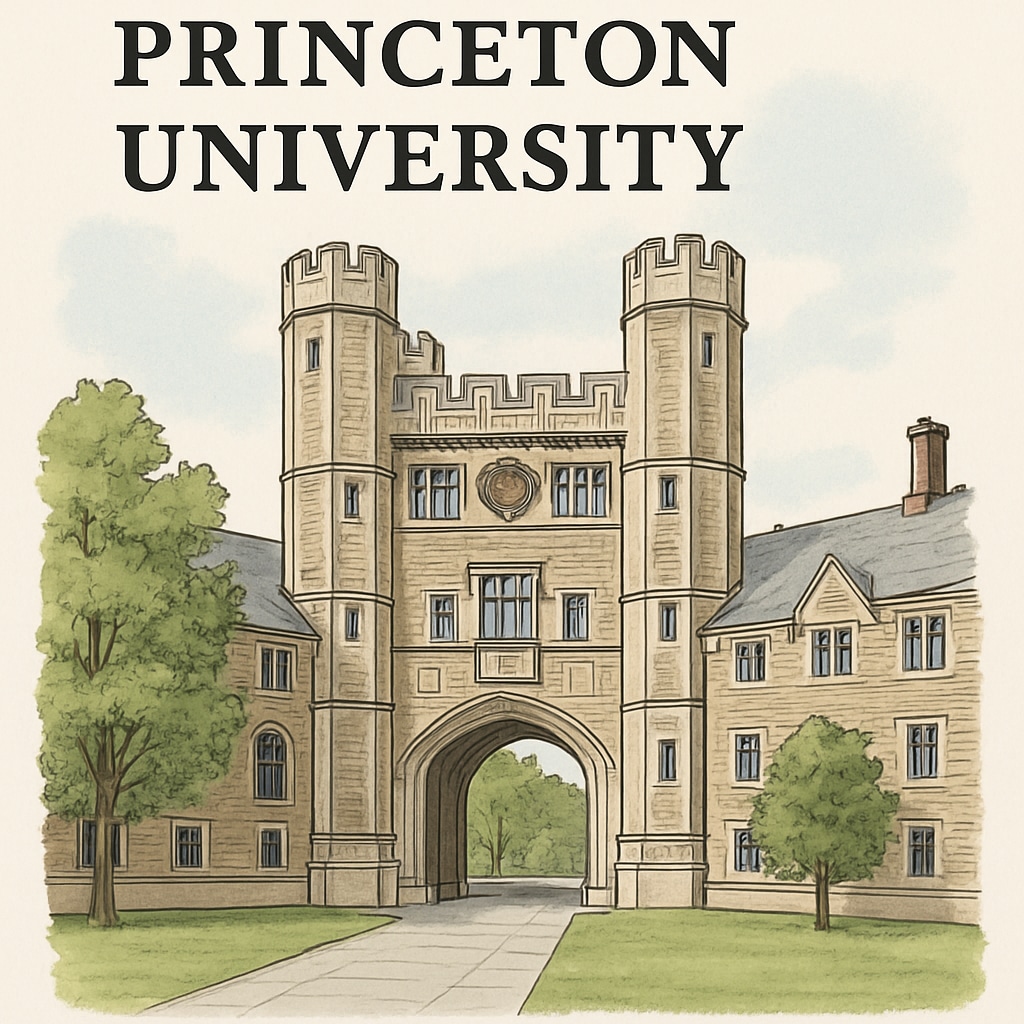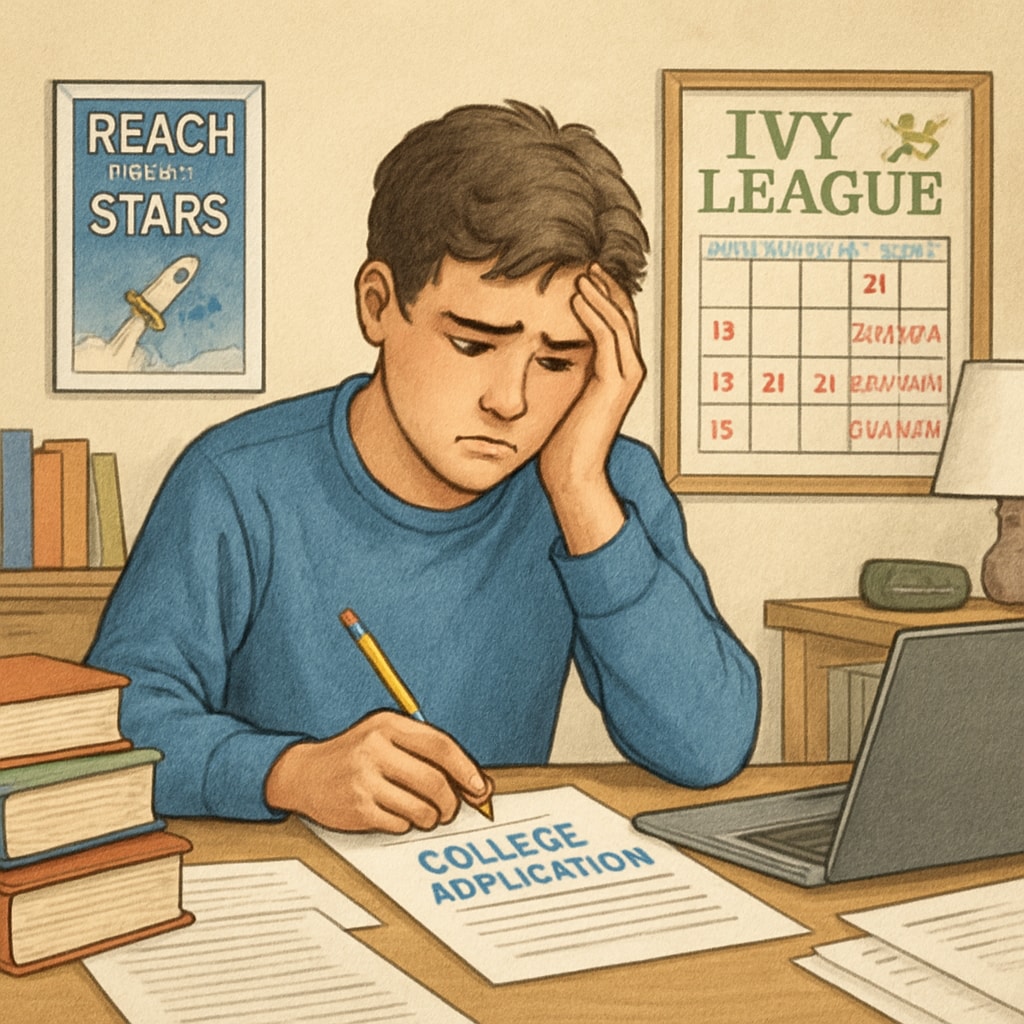Princeton, as a member of the prestigious Ivy League, often represents the pinnacle of academic achievement and social status in higher education. But how accurate is this perception? Are schools like Princeton truly delivering unparalleled value, or is their societal reputation inflated? In this article, we evaluate the real worth of Princeton and other Ivy League institutions, questioning their impact on higher education and how the obsession with elite schools affects K-12 students preparing for college.
The Ivy League’s Reputation: Fact vs. Overestimation
The Ivy League, including Princeton, is synonymous with excellence. These schools boast high graduation rates, accomplished faculty, and influential alumni networks. However, the value of their education is not always proportional to their mystique. For example, public universities and non-Ivy private schools often offer comparable academic rigor and career opportunities at a fraction of the cost. According to Forbes College Rankings, many non-Ivy institutions consistently outperform Ivy League schools in specific programs.

Moreover, the exclusivity of Ivy League admissions fosters a competitive culture that may overshadow the broader goal of education — personal and intellectual growth. While elite schools undoubtedly provide networking advantages, other factors like location, financial aid, and chosen major can significantly impact a student’s career trajectory, often more than the school’s brand.
Impact on K-12 Education: The Pressure to “Belong”
The societal obsession with Ivy League institutions has trickled down into K-12 education, creating immense pressure for students. Many parents and educators view admission to schools like Princeton as the ultimate marker of success. This mindset can stifle creativity and exploration, emphasizing test scores and extracurriculars tailored exclusively for elite college applications.

As a result, students may miss opportunities to discover their passions. Research from Britannica suggests that holistic development, including emotional intelligence and critical thinking, is compromised when education becomes a race toward Ivy League admission. Furthermore, this focus disproportionately affects marginalized communities, where access to resources for elite admissions preparation is limited.
Evaluating Authentic Educational Value
To understand the real value of Ivy League education, it’s essential to consider metrics beyond reputation. For example:
- Student satisfaction and mental health support.
- Post-graduation employment rates and career diversity.
- Accessibility and affordability of tuition and scholarships.
- Opportunities for undergraduate research and global exposure.
Princeton excels in several of these areas, particularly in offering generous financial aid packages. However, these advantages do not universally apply to all Ivy League schools, highlighting the need for prospective students to critically assess individual institutions rather than relying on the “Ivy League” label alone.
Final Thoughts: While Princeton and other Ivy League schools undeniably offer unique benefits, their societal reputation often overshadows their actual value. Families should consider the broader spectrum of educational opportunities and prioritize institutions that align with their goals, rather than succumbing to the allure of elite branding. As a result, the conversation about higher education must shift from prestige to practical impact.


